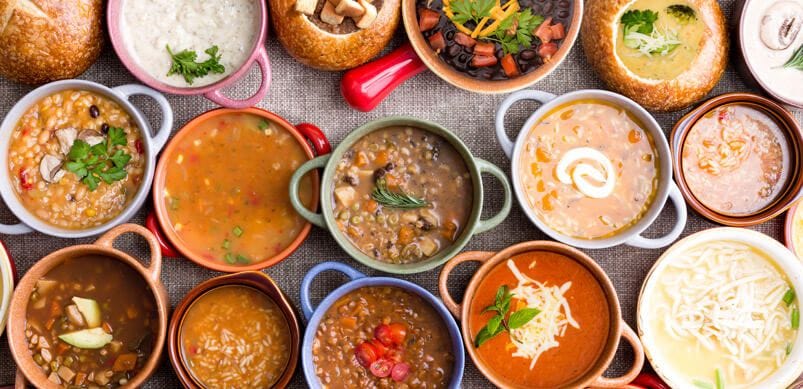On Food and Congregational Meals

Our congregation holds a monthly fellowship meal. It’s spectacular in every culinary way. The other weeks, we host people in our homes, but it’s a fattening extravaganza on the last Sunday of the month! All sinners come home, and we kill the fatted calf with vigor and throw a party!
It’s also shaped by the kinds of things Robert Capon would savor were he present with us. Apart from the main dishes, there are delicacies made with gifted hands. Both have their place at the table. The desserts carry another special place serving as holy ambassadors. She brings rest to the weary and a boost of energy to the little covenanters running around.
It seems that food koinonias have lost their vigor in the scientific laboratory of the germaphobes of our culture. Long gone are the healthy gatherings of vivid recollections of stuffed-ness. We have allowed extraneous things to serve as an apologetic or an extra rationale to not eat as one should: with gusto.
One of the problems of modern evangelical “food theology” is that it has departed from its Hebrew history. We have chosen the mortification of the flesh over the enjoyment of life.
Paul was a strong critic of the “Do not taste! Do not touch!” attitudes of his contemporaries and indeed our own (Col. 2:21). We have forgotten that the Bible is an edible book, a book of lovely and superb meals beginning in the abundance of the Garden and ending in the Supper of the New World. But, in every portion of Scripture, you will find a tree that gives and gives and gives food to the hungry.
We ought to take every meal hostage in season and out of season. Every delicious bite is an act of praise and adoration, and when eaten in the company of fellow saints, it is a festive day; one with additional pleasure, for we were made to eat with one another.
When we partake together at the Lord’s Table on Sundays, the common table afterward becomes an extension of the holy. It is good and beneficial. It is sobering and enlightening. It is both delicious and life-altering.
When we eat together, we change ourselves into living sacrifices edible to the Triune God who swallows us into his glorious grace.
The post On Food and Congregational Meals appeared first on Kuyperian Commentary.

